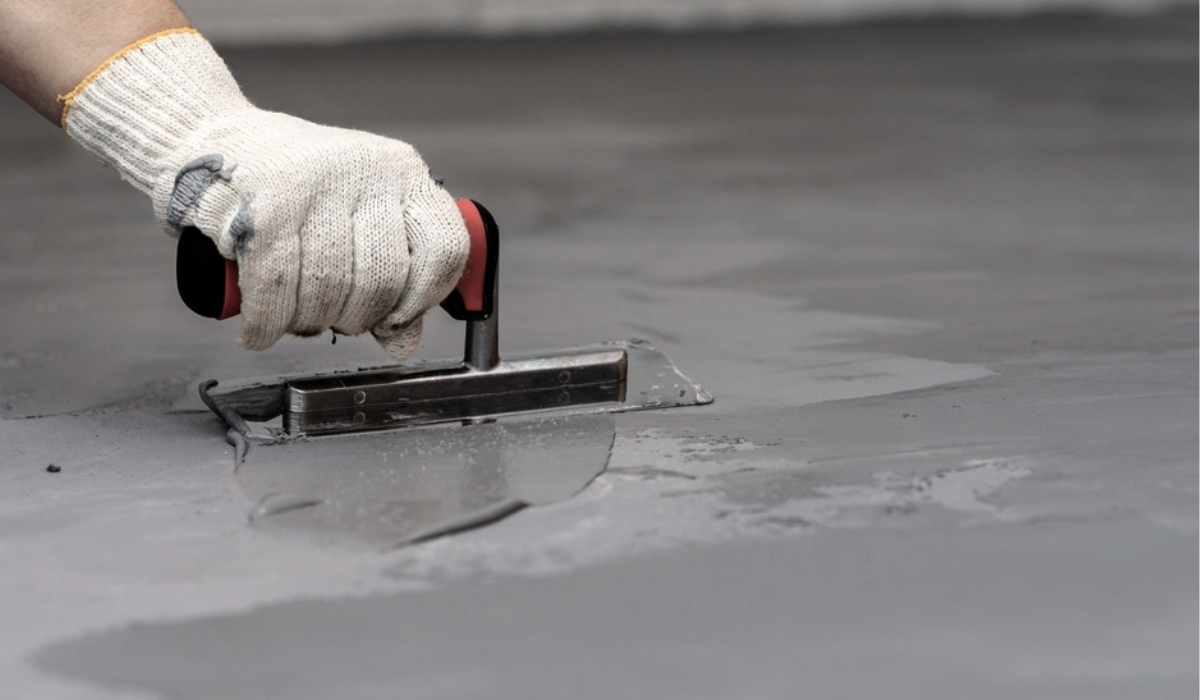How Reinforced Concrete Floors Can Handle Hot Temperatures
Many types of flooring cannot withstand hot temperatures, but reinforced concrete slabs Melbourne floors can. This is because both steel and concrete react in similar ways when temperatures fluctuate, making the material more resistant.
Steel reinforcement is cast into concrete to bolster its weak tensile strength and increase deflection resistance, thus decreasing risk of floor failure.
Durability
Uneven warehouse flooring forces personnel to detour around damaged areas, slowing productivity and creating safety risks. Furthermore, this unevenness can cause vehicle and product damage that necessitates costly repairs and prolonged downtime for repair work. However, reinforced concrete floors are designed to withstand impact loads in order to safeguard your operation’s integrity.
Concrete may be strong in compression, but can crack under heavy loads or temperature fluctuations. By adding reinforcement to a slab, additional strength is added in terms of both tensional and shear forces that resist them over longer spans without failing.
Steel mesh reinforcement is installed over sheets of profiled composite metal decking prior to pouring a concrete floor slab, creating a composite structure with better fire, load bearing, and durability performance than either material alone. Shear studs are then welded onto both elements during construction in order to provide additional resistance against shear stresses in the floor slab.
Abrasion Resistance
Abrasion resistance is an essential requirement of industrial floors that experience frequent traffic from steel or hard rubber wheeled vehicles, especially ones subject to high traffic loads. A highly abrasion-resistant concrete surface helps extend the lifetime of floors while cutting operational and maintenance costs.
High abrasion-resistance concrete mixes are typically achieved by increasing mix strength with fly ash, slag or silica fume and maintaining a low water/cement ratio – though this increases cost and curing must take place properly, usually by wet curing.
Power trowel finishes during construction not only increase strength and decrease water/cement ratio, but they can also significantly enhance abrasion resistance of concrete surfaces by creating increased friction between aggregates and the concrete, as well as an etched finish, that creates an abrasion resistant finish. BECOSAN hardener may further increase this aspect.
Moisture Resistance
Steel-reinforced concrete is an extremely dependable construction material used for commercial warehouse designs, providing protection from heavy loads, chemicals and temperature changes while remaining smooth to provide an ideal base for floor coverings that provide durability while keeping their clean appearance to ensure smooth operations.
However, while concrete’s compressive strength provides a firm foundation for floors and other structures, its moisture imbalances make it vulnerable. When water enters concrete as a vapor form it travels rapidly through its pores, and can quickly raise its pH to levels which weaken or discolor flooring materials.
Though trade practice generally employs the “30-days per inch” rule as a benchmark, moisture should always be evaluated individually for each slab project. An accurate moisture test can help determine when an existing concrete slab can accept new floor covering. A preferred choice would be ASTM F2170 in-situ RH testing method which uses probes to accurately measure relative humidity (RH) at specified depths within a concrete slab.
Noise Reduction
Concrete is an extremely dense and robust material, yet can emit annoying noises that need to be mitigated with soundproofing materials. Thankfully, these issues can be mitigated with soundproofing materials.
Reinforced concrete floors can withstand intense pressure, heavy footfall and years of wear and tear without cracking or structural failure, making them an attractive option for industrial and commercial environments. Thanks to its superior tensile strength, rebar concrete flooring reduces cracking or structural failure significantly compared to its counterparts.
Steel mesh reinforcement Brisbane has become an extremely sought-after product for reinforced concrete floors, helping ensure they can withstand heavy loads without buckleing or deforming. Concrete is poured straight over steel rods or mesh and allowed to set, yielding concrete with enhanced tensile strength that reacts similarly to temperature fluctuations thereby minimizing internal stress – an essential feature in warehouse designs that must accommodate heavy static and dynamic loads, chemical exposure, temperature variations and fluctuations.

